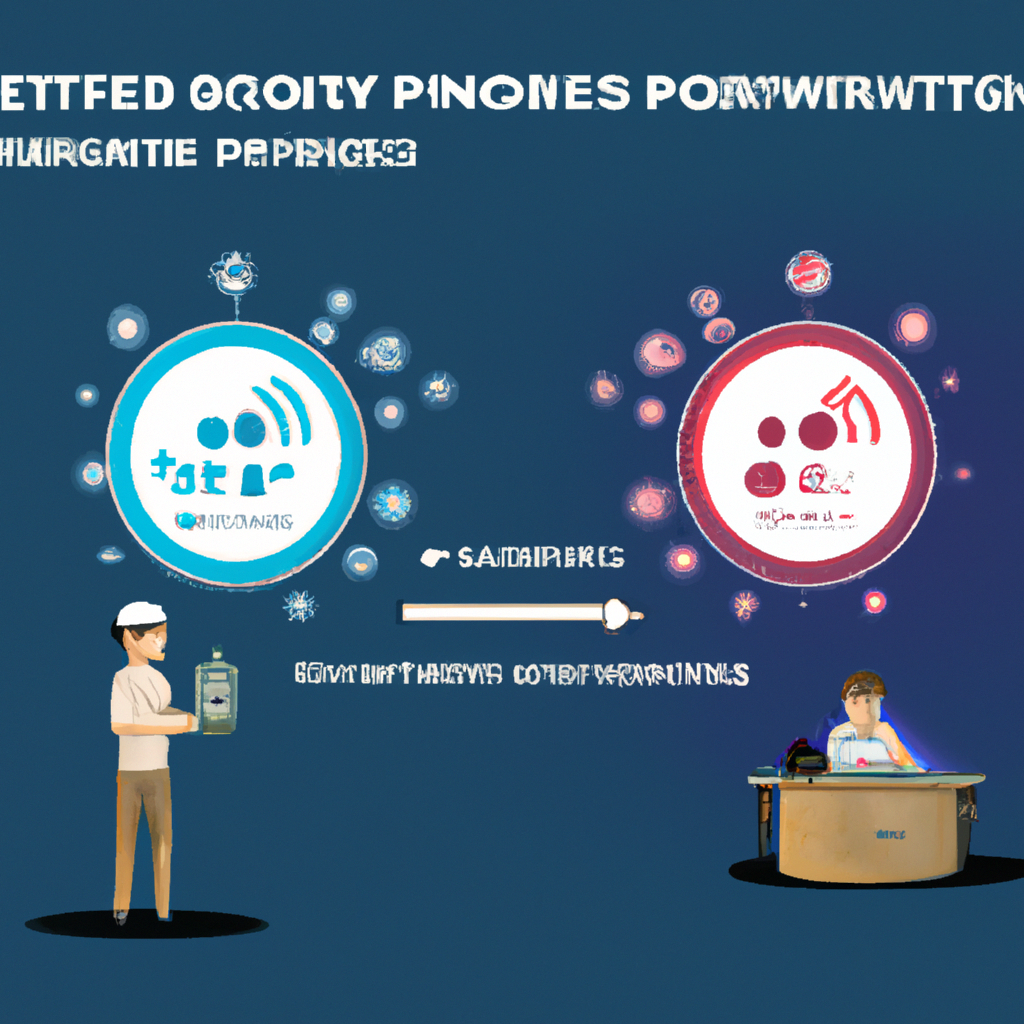The Impact of Datacenter Proxies on Online Gaming Experiences
In the fast-paced world of online gaming, where milliseconds can mean the difference between victory and defeat, the tools and technologies players use can significantly influence their overall experience. One such tool that has gained traction among gamers is the datacenter proxy. Understanding how these proxies impact online gaming can offer insights into their benefits and potential drawbacks.
What are Datacenter Proxies?
Datacenter proxies are intermediary servers that are not affiliated with an Internet Service Provider (ISP) but are instead hosted in data centers. They provide users with an IP address that can be used to access the internet anonymously. Unlike residential proxies, which route traffic through real residential IPs, datacenter proxies are often faster and more reliable, making them attractive for various online activities, including gaming.
Enhancements to Online Gaming
-
Reduced Latency and Improved Speeds: One of the primary advantages of using datacenter proxies in online gaming is the potential for reduced latency. By routing traffic through high-speed servers located close to the gaming servers, players can experience faster connection speeds and lower ping times. This is crucial in competitive gaming, where even a slight delay can hinder performance.
-
Bypassing Geographical Restrictions: Many online games impose geographical restrictions on their content or player base. Datacenter proxies allow gamers to mask their actual location, enabling them to access games or content that may be restricted in their region. This can enhance the gaming experience by providing access to exclusive content, events, or even different game versions.
-
Enhanced Security and Privacy: Online gaming can expose players to risks such as DDoS attacks or account hacking. Datacenter proxies can add a layer of security by masking the user’s real IP address, making it more difficult for malicious actors to target them. This is particularly beneficial for competitive gamers who may be more vulnerable to harassment or attacks from rival players.
-
Managing Multiple Accounts: Some players use datacenter proxies to manage multiple gaming accounts without being flagged by the game’s anti-cheat systems. This can be particularly useful in games that allow for account switching or farming, enabling players to maximize their gaming experience without additional penalties.
Potential Drawbacks
While datacenter proxies offer several advantages, there are also potential drawbacks to consider:
-
Detection by Game Systems: Some game developers have become adept at detecting the use of proxies, especially datacenter proxies. If a player is found to be using a proxy, they risk being banned from the game or facing other penalties. The detection methods are continually evolving, and players must be aware of the risks involved.
-
Variable Performance: Not all datacenter proxies are created equal. The performance can vary based on the provider and server load. If a proxy server is slow or overloaded, it can lead to increased latency rather than the intended benefits, negatively impacting the gaming experience.
-
Cost Considerations: High-quality datacenter proxies often come at a cost. For casual gamers, the expense may not be justified, while competitive players might find value in investing in reliable proxy services.
Conclusion
Datacenter proxies can significantly impact online gaming experiences by enhancing speed, security, and access to content. However, gamers must weigh these benefits against the potential risks, including detection and variable performance. As the online gaming landscape continues to evolve, understanding the role of datacenter proxies will remain crucial for players looking to optimize their gaming experience. Ultimately, whether used for competitive gaming or casual play, datacenter proxies represent a powerful tool in the modern gamer’s arsenal.

Comments (0)
There are no comments here yet, you can be the first!